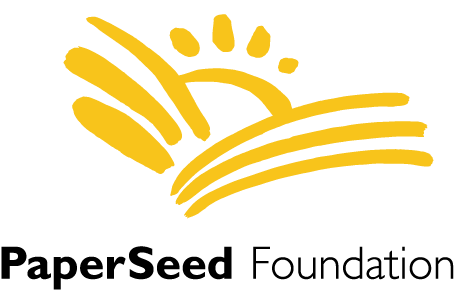Supporting Education for Guatemala’s Indigenous Girls
/Life for a Mayan Indigenous girl is fraught with difficulty. Living primarily in remote villages, Mayan Indigenous girls are born into a rigid social structure where education is frequently not an option for them. Persistent gender discrimination, coupled with the highly gendered expectations that girls help their mothers with house chores, cooking, and caring for other family members results in Mayan Indigenous girls being far less educated than their male counterparts. But lack of education is just one component of the pervasive cycle of poverty girls face in this part of the world:
In order to combat this issue head on, we officially partnered with Girl Rising to support their Guatemala Campaign. The program is being piloted in Sololá, a state in the southwestern part of Guatemala where 96.5% of the population identifies as Mayan Indigenous. This multi-year intervention, specifically tailored for Mayan Indigenous girls (both in and out of school), will help them examine the issues that they—and adolescents like them—face around the world: forced marriage, adolescent pregnancy, sexual violence, forced labor, and other obstacles to education. Once the pilot is concluded, the curriculum will be refined and scaled to be implemented by various stakeholders throughout Guatemala.
We recently received an update from the field, and thought we would share how things are progressing with this innovative program:
“Summer marked the completion of the first phase of the Girl Rising pilot! Graduation ceremonies and celebrations recognized this key milestone--and most importantly, the life and educational skills that each girl gained. In July, Girl Rising conducted a closing workshop with mentors to discuss issues, progress, and the curriculum, as well as the final stage of the pilot program.
It was also an opportunity to explore the personal stories and trajectories of the mentors, who shared why they feel it’s important to work with girls and adolescents, and how the program has made an impact in the communities where they hold weekly sessions. Some attested to their own difficulties in continuing their education, often due to the need to help support their families. Solidarity and a commitment to continuing this crucial work to advance girls' education was evident.
Mentors said that the program opened their eyes to issues that they didn’t know about and helped them develop a greater understanding of the similar barriers girls in Guatemala and around the world are facing. During the project, an important step for mentors and girls was opening up to new ways of thinking to connect with their personal stories and those of their families. These learnings helped the mentors and girls explore and better integrate their experiences and challenges into the life plans each created, mapping out pathways to achieve their future goals.”
Life for Mayan Indigenous Girls has been absent of opportunity for too long. Giving them space to talk about the things that matter to them and fostering mentor relationships with positive role models is a huge first step toward a better life; girls will leave this two year pilot knowing their rights, understanding the value of education, and with increased aspirations for the future. Gender sensitization work being done in the greater community will ensure that parents, guardians, teachers, and peers understand that a girl’s place is in the classroom, and the creation of a scalable curriculum will ensure that Mayan Indigenous girls across the country are given the chance to take back their futures. We can’t wait to share more with you as this program progresses.


